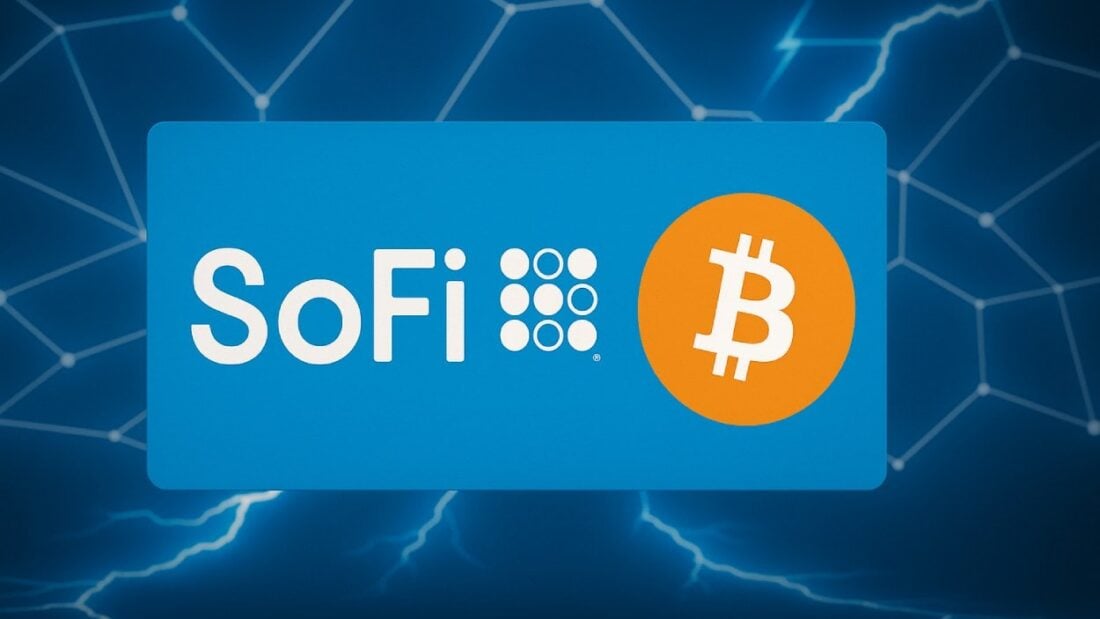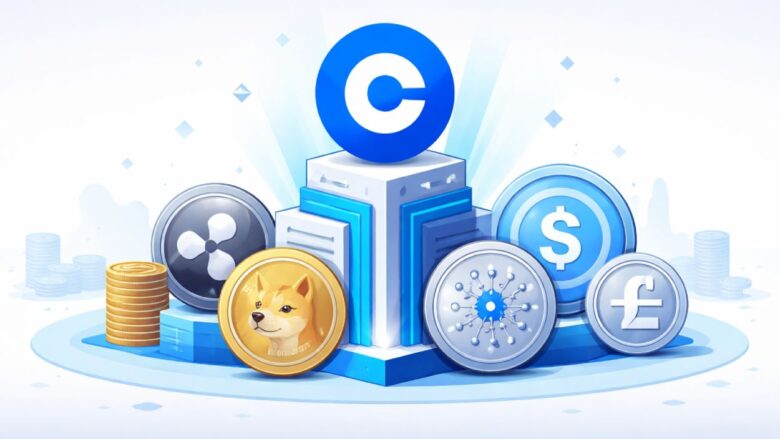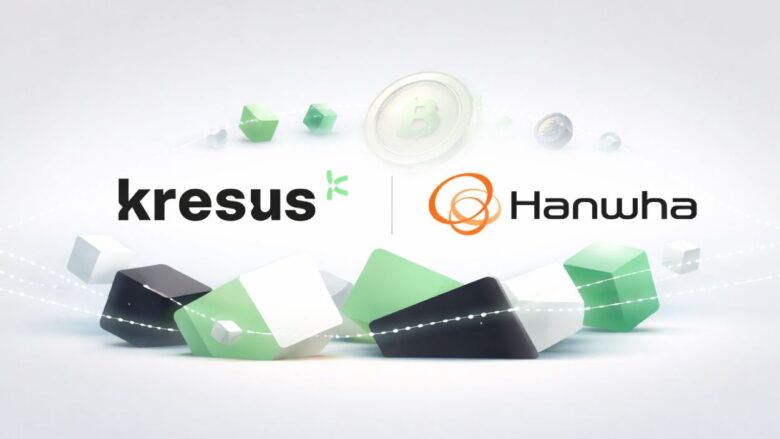SoFi is launching the first blockchain-powered remittance service by a US bank, allowing users to send money internationally using Bitcoin’s Lightning Network.
Key Takeaways
- 1SoFi will be the first US bank to use the Bitcoin Lightning Network for international transfers
- 2The blockchain-based service starts in Mexico and expands later
- 3Users can send USD via SoFi app which converts to Bitcoin, routes via Lightning, and arrives in local currency
- 4The partnership with Lightspark promises faster transfers and lower fees than traditional systems
What Happened?
Digital bank SoFi Technologies has announced a strategic partnership with Bitcoin payments firm Lightspark to launch the first international money transfer service by a US bank using the Bitcoin Lightning Network. The service, starting in Mexico later this year, enables SoFi’s 11.7 million users to send money globally through a blockchain-powered system directly integrated into the SoFi app.
SoFi + Lightspark = instant global payments. 🌍⚡
— Lightspark (@lightspark) August 19, 2025
Send money abroad in seconds, right from the @sofi app, powered by UMA.
Coming soon for 🇺🇸→ 🇲🇽 with more countries to follow.
The future of global payments is here: https://t.co/MxAA5o9k2Z pic.twitter.com/GFVq4KhoxF
SoFi Breaks Ground with Blockchain-Powered Transfers
SoFi is entering the $740.5 billion global remittance market with a major technological leap. The new service allows users to send money across borders by converting US dollars into Bitcoin in real-time. The transaction is routed over the Bitcoin Lightning Network, a layer-2 payment protocol designed for fast and low-cost transfers. Once it reaches its destination, the Bitcoin is instantly converted into the recipient’s local currency and deposited directly into their bank account.
- Launch corridor: Mexico, with more countries to follow
- 24/7 availability within the SoFi app
- Costs are said to be “below the current national average”
- Exchange rates and fees are displayed transparently before sending
This innovation eliminates the delays, hidden fees, and intermediaries typical of traditional remittance channels like Western Union or bank wires.
How Lightspark and UMA Make It Work
Lightspark, the company behind the technical infrastructure, was founded in 2022 by David Marcus, former president of PayPal. Its Universal Money Address (UMA) system allows users to send money using simple email-like addresses, while the actual transfer occurs over the Bitcoin Lightning Network.
Bitcoin’s neutrality, openness, and decentralization makes it a very compelling choice for banks as the replacement for antiquated correspondent banking vs. other centralized options. No one wants to king-make another closed, corp controlled payment network again. Open will win.
— David Marcus (@davidmarcus) August 19, 2025
SoFi users will not need to manage crypto wallets or deal with Bitcoin directly. The app handles the conversions automatically, simplifying the process while leveraging blockchain efficiency in the background.
Lightspark’s infrastructure is already gaining traction in the fintech world. Coinbase added support for Lightspark in 2024, and 15% of its Bitcoin transactions now use Lightning rails. Brazilian neobank Nubank also partnered with Lightspark in 2024 but has yet to confirm full rollout.
SoFi’s Evolving Crypto Strategy
This marks SoFi’s reentry into the cryptocurrency space after previously scaling back its crypto trading features in response to regulatory pressure following the FTX collapse. Now, instead of direct crypto trading, SoFi is integrating blockchain into its core banking services, reflecting a shift toward more stable and utility-driven crypto use cases.
The company has hinted at future crypto features like staking and borrowing, but its current focus is clearly on using blockchain to solve real-world payment issues.
A Step Toward the Future of Banking
Industry analysts suggest SoFi’s move could encourage other US banks to accelerate blockchain adoption. The success of this initiative may become a blueprint for how traditional banks integrate decentralized technologies into regulated financial services.
The decision to launch in Mexico first is strategic. The Mexico-US corridor is one of the largest remittance routes globally, making it a high-impact starting point. SoFi has not yet announced which countries will be added next, but plans to expand in phases.
CoinLaw’s Takeaway
In my experience, very few banks move this fast on cutting-edge technology. SoFi is not just checking a “crypto innovation” box here. It’s solving a real pain point for millions of people who send money home regularly. Traditional remittance systems are outdated, expensive, and slow. By using Bitcoin’s Lightning Network under the hood, SoFi is showing how blockchain can improve financial lives without needing customers to understand crypto at all. This could set off a wave of innovation in how banks handle global payments. I found this move bold, practical, and potentially game-changing for the industry.


































































